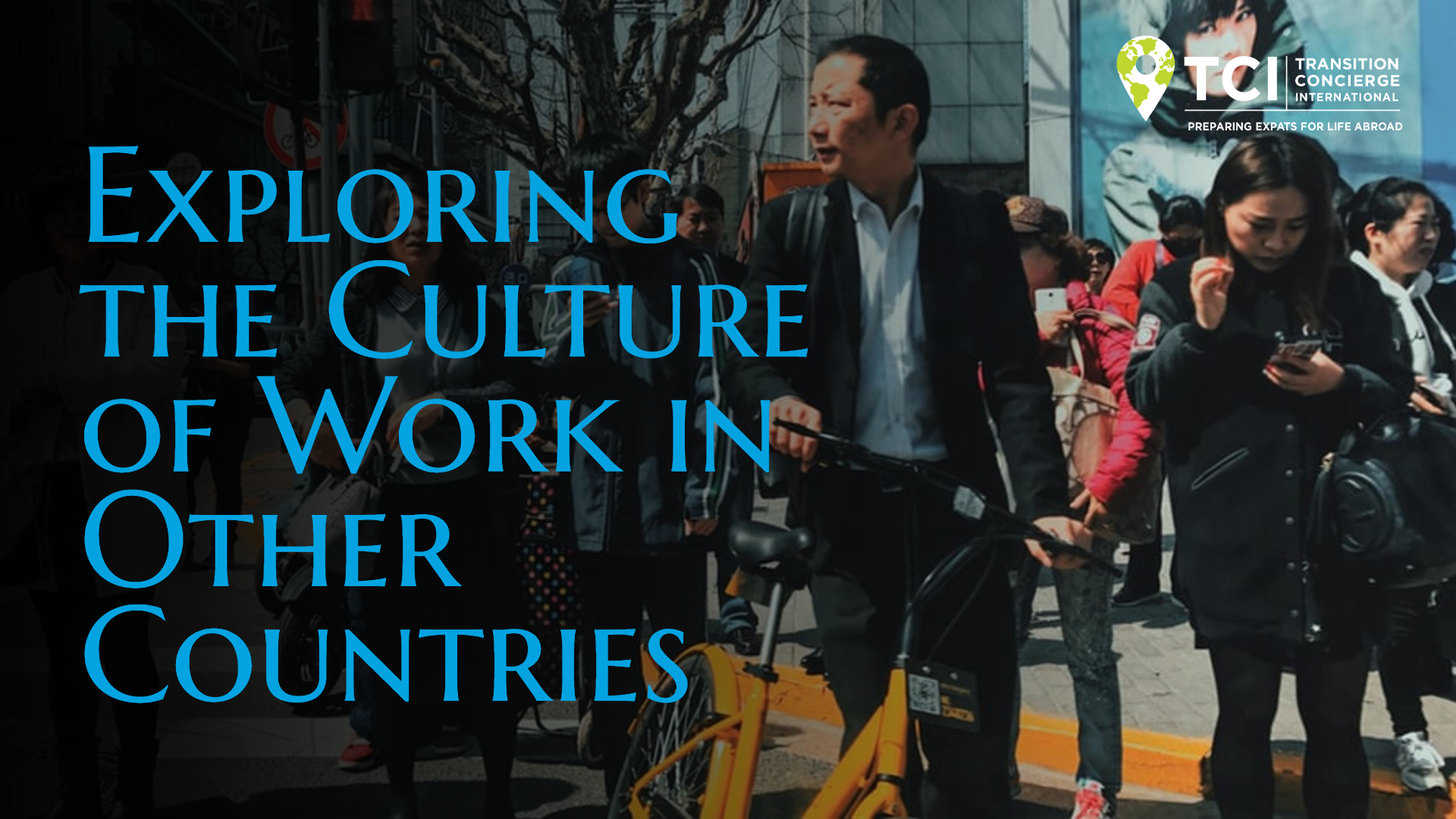For many of us, moving to another country is a chance to decompress and reevaluate our concept of work and the role it plays in our lives. But especially for those who are transitioning from high-stress careers, with a 24/7 “work consciousness,” it’s often hard to adjust to a different work culture no matter how much we crave it. These differences will impact us whether we are consumers or co-workers.
In some countries in Latin America, like Chile, the workweek is officially 45 hours, which is actually down from 48 hours several years ago. However, the work ethic is considered to be much more relaxed there than in places like the United States.
Talking to your co-workers during the day is typical, the deadlines are not as strict as in other places, and being late is typically not frowned upon–or looked at as being late. A two-hour lunch is not uncommon, which could be frustrating for those of us who look at work in terms of maximizing productivity.
These, of course, are broad generalizations and don’t apply to all situations. And being on the receiving end of looser work rules can be equally frustrating if you let it be.
If you are planning to do your shopping for early afternoon in some Latin American cities, you probably want to make sure that the store is open–many shopkeepers close in the early afternoon so they can go home to share the midday meal with their families. Some may even take their afternoon siesta then, a chance to nap during what is usually the hottest time of day.
Lunch outside the box
In India, work hours are even longer–sometimes they will work up to 10-hour days Monday through Saturday. However, there are usually “tea breaks” in both the morning and afternoon. Most employees bring a special boxed lunch from home or utilize dabbawalas, a service that delivers hot lunches from homes and restaurants to people at work in India (especially in Mumbai), immortalized in 2013 Bollywood film, “The Lunchbox.” It’s definitely a movie worth seeing.

India is one of the countries that have the most public holidays a year–16 days, due to all the different religions that converge there, in addition to vacation time.
Things also move at a different pace in India; since saying “no” is considered rude, the wheels of progress may move very slowly. There is also considerable bureaucracy to deal with; for an expat, it can be extremely painful working through the red tape.
“Death by overworking”
Then there is Japan, a place that can make even the most industrious of Americans feel like slackers. When I talk to my Japanese adult students, many of them eschew time off to prove their unflagging commitment to the company and that they are not lazy people. A number of them work in other countries because that’s what their jobs demand, while their families remain in Japan who they visit periodically.

While 50-hour workweeks are common, so are reports of workers putting in 30, 40, or even 50 hours on top of their scheduled hours, without overtime pay.
The Japanese even have a word for “death by overworking,” or karoshi. While the government, which is well aware of the problem, is trying to implement changes, overhauling a work culture developed over generations does not come easily.
The upside for consumers is the efficiency of systems in Japan and dedication to excellence. A recent newspaper article discussed how a Japanese transit company issued a public apology when one of the Tokyo trains –known for punctuality– left a station 20 seconds too early.
Now that’s service!
What’s the work-life like in your new country? Have you had any trouble adapting?


